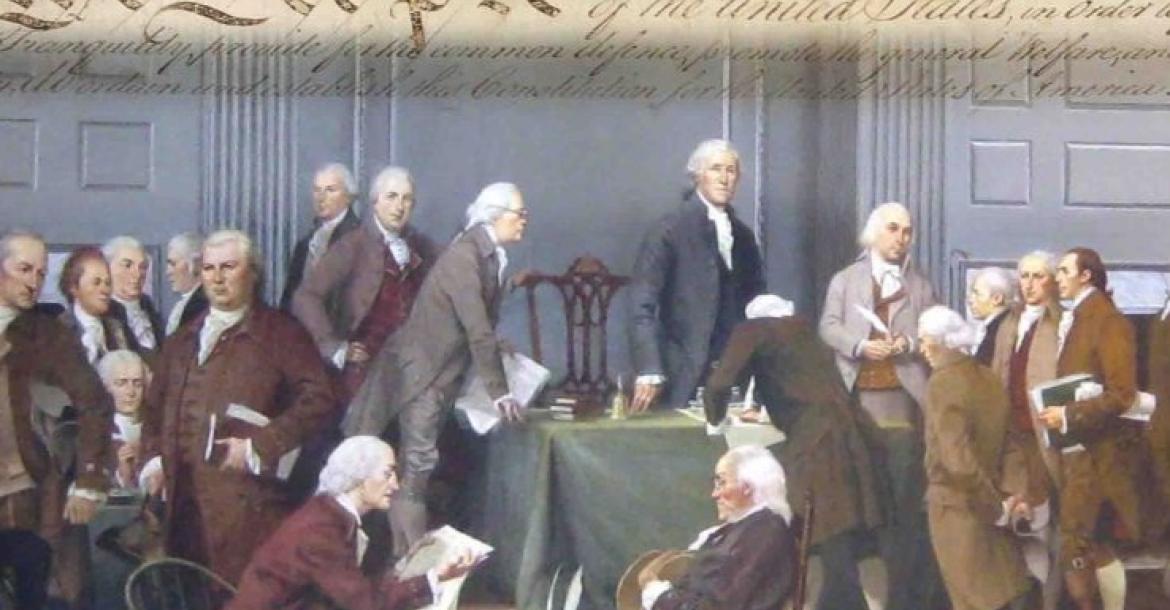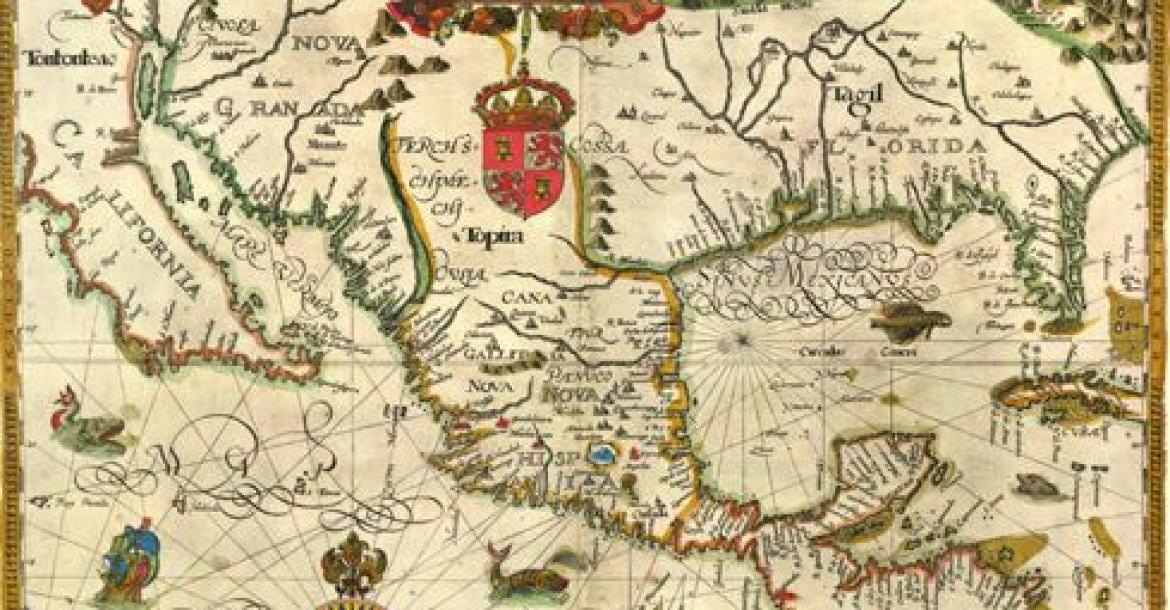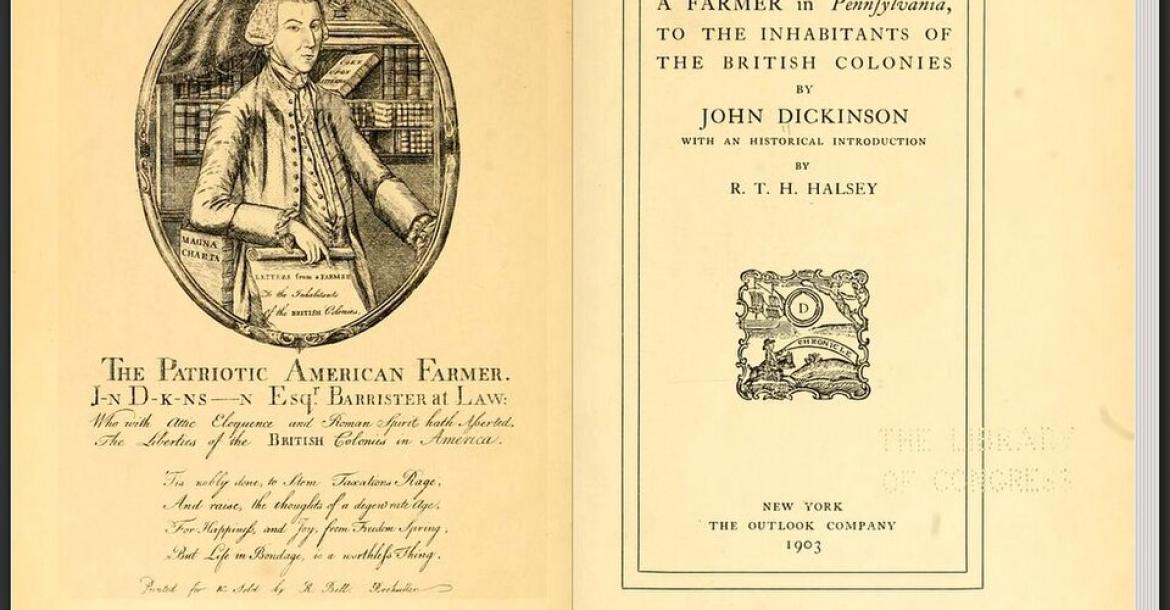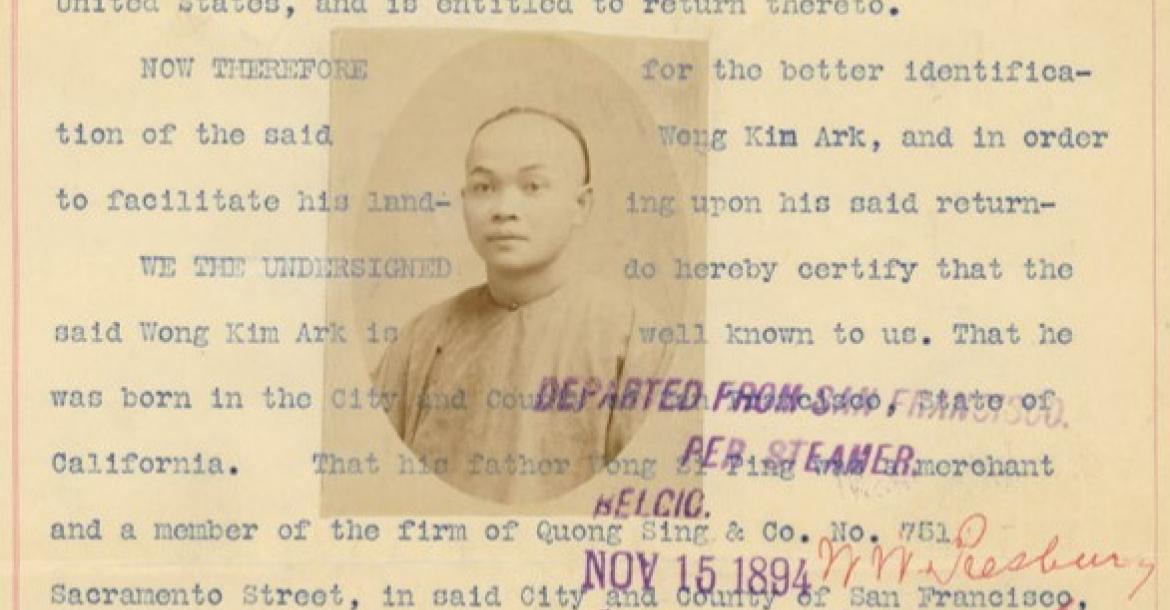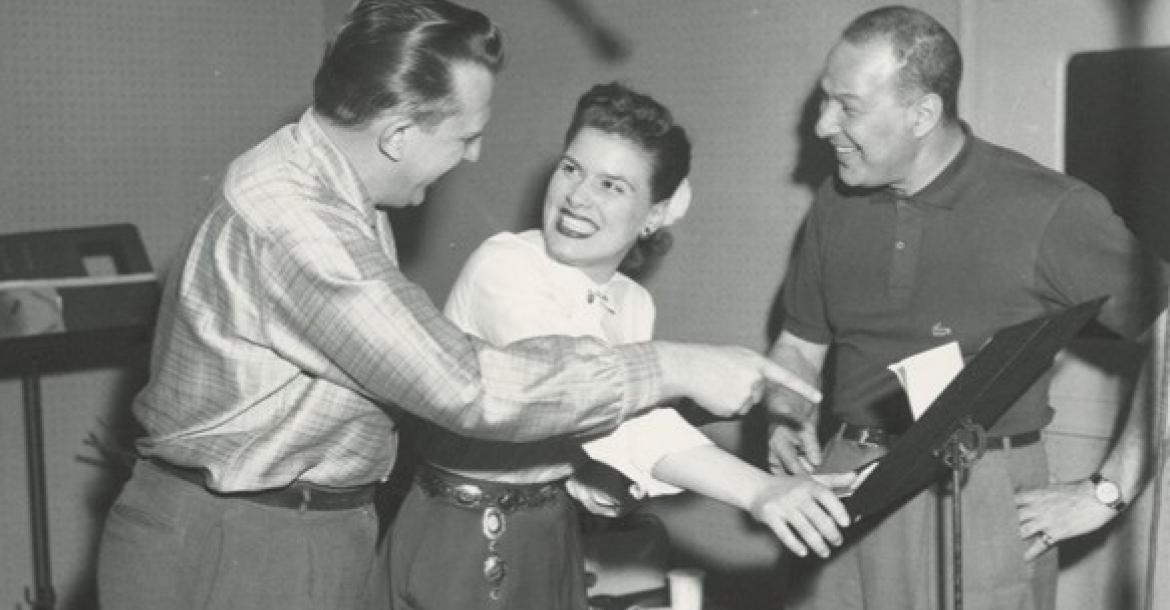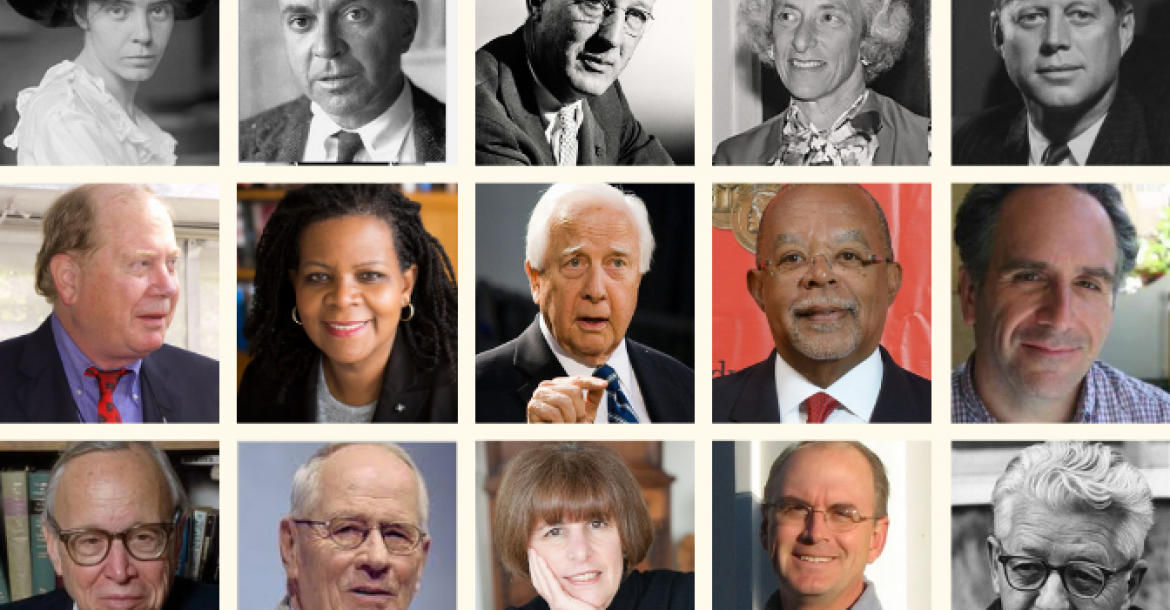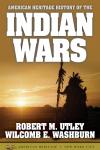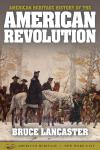Featured Articles
Recent rehabilitation of this important site at the Gettysburg battlefield provides a much improved experience for visitors.
In the Age of Discovery, maps held closely guarded secrets for the kings, adventurers, and merchants who first acquired them.
Since her untimely death in 1963, the legendary country music star—and the first female to be inducted into the Country Music Hall of Fame—continues to inspire new audiences and artists.
A Chinatown cook's fight to re-enter the U.S. in 1895 went up to the Supreme Court, which upheld his claim to birthright citizenship and guaranteed it for all through the 14th Amendment.
Dickinson played a pivotal role in our Nation’s founding, from the Stamp Act to ratifying the Constitution, but his contributions are largely forgotten by history.
Classic Essays from Our Archives
Columbus and Genocide | October 1975, Vol 26, No 6
By Edward T. StoneThe discoverer of the New World was responsible for the annihilation of the peaceful Arawak Indians

Searching for “Shenandoah” | Winter 2022, Summer 2025, Vol 67, No 1
By Bruce WatsonIt's one of the oldest folk ballads in our national songbook, but where did it come from? The answer is complex, multi-layered, American.
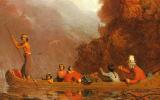
The Meaning of 1918 | Fall 2018 - World War I Special Issue, Vol 63, No 3
By John LukacsA century after the guns fell silent along the Western Front, the work they did there remains of incalculable importance to the age we inhabit and the people we are.

Did Sally Hemings and Thomas Jefferson Love Each Other? | Fall 2008, Summer 2025, Vol 70, No 3
By Annette Gordon-ReedTo call it a loaded question does not begin to do justice to the matter, given America’s tortured racial history and its haunting legacy.

The Treasure From The Carpentry Shop | December 1979, Vol 31, No 1
By David McCulloughTHE EXTRAORDINARY ORIGINAL DRAWINGS OF THE BROOKLYN BRIDGE

America: Experiment or Destiny? | June 1977, Summer 2025, Vol 70, No 3
By Arthur Schlesinger Jr.We can take pride in our nation, not as we pretend to a commission from God and a sacred destiny, but as we struggle to fulfill our deepest values in an inscrutable world.
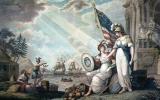
-
DC residents vote for the first time
-
Battle of Đắk Tô begins in South Vietnam
-
Ash-Shiraa first reports Iran-Contra affair

